Erigeron – “Pink Jewel” 2 Ltr
£6.50
Herbaceous Perennial
Out of stock
Mexican fleabane is known for its profusion of small, daisy-like flowers.
The flowers start off white and gradually turn pink as they age, creating a lovely mix of colors on the plant.
Foliage:
The plant has fine, needle-like green leaves that form a bushy, spreading mound.
Growth Habit:
Erigeron karvinskianus has a trailing or mounding growth habit, making it well-suited for ground cover or hanging baskets.
It can also be used as a cascading plant in rock gardens or along the edges of containers.
Blooming Season:
This plant is known for its long blooming season, often producing flowers from spring through fall.
Height and Spread:
Mexican fleabane typically reaches a height of 12 to 18 inches (30 to 45 cm) and can spread widely.
Sun Exposure:
It prefers full sun but can tolerate partial shade.
Soil Requirements:
Well-draining soil is essential for Erigeron karvinskianus. It can tolerate poor or rocky soils.
It’s adaptable to various soil types but prefers slightly alkaline to neutral soil.
Watering:
Once established, Mexican fleabane is quite drought-tolerant.
Water regularly during the growing season, allowing the soil to dry out between watering.
Hardiness:
Erigeron karvinskianus is generally hardy in USDA zones 7-11. In colder climates, it may be treated as an annual or grown in containers that can be moved indoors during winter.
Attracts Pollinators:
The flowers attract butterflies and other pollinators, making it a beneficial plant for wildlife gardens.
Maintenance:
Mexican fleabane is a low-maintenance plant. Deadheading spent flowers can promote continuous blooming.
In some regions, it may self-seed, producing new plants.
Uses:
Ground cover, rock gardens, hanging baskets, containers, and along borders are common uses for Mexican fleabane.
Before planting, it’s always a good idea to check for specific care recommendations based on your local climate and soil conditions. Additionally, Erigeron karvinskianus is often praised for its ability to naturalize and add a delightful, cottage garden feel to various landscapes.
| Flower Colour |
TBC |
|---|---|
| Size |
2 Ltr |
| Root Type |
Pot Grown |
| Foliage Colour |
TBC |
| Soil Type |
TBC |
| Addition |
No |
Only logged in customers who have purchased this product may leave a review.


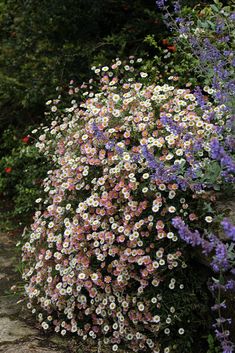
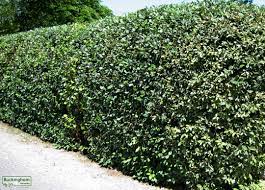
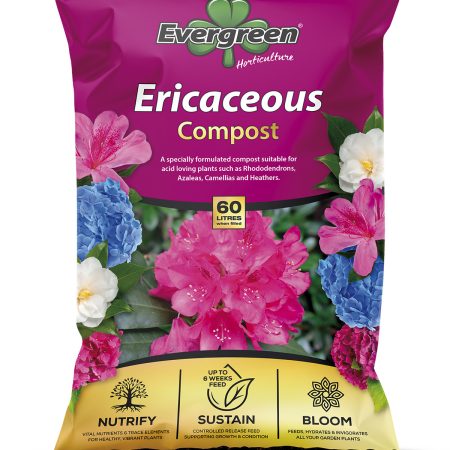

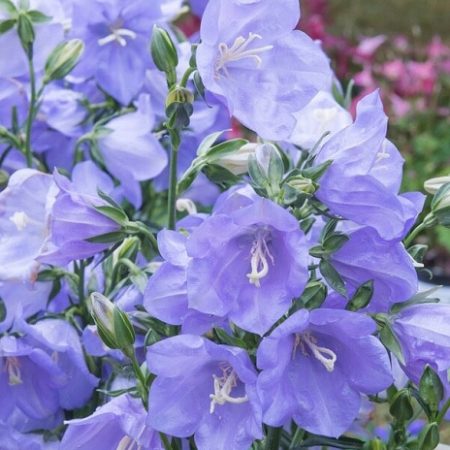




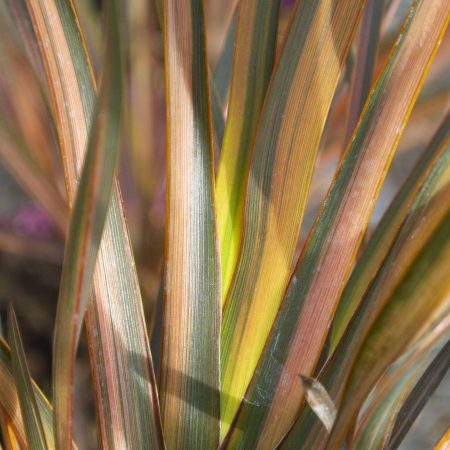
Reviews
There are no reviews yet.